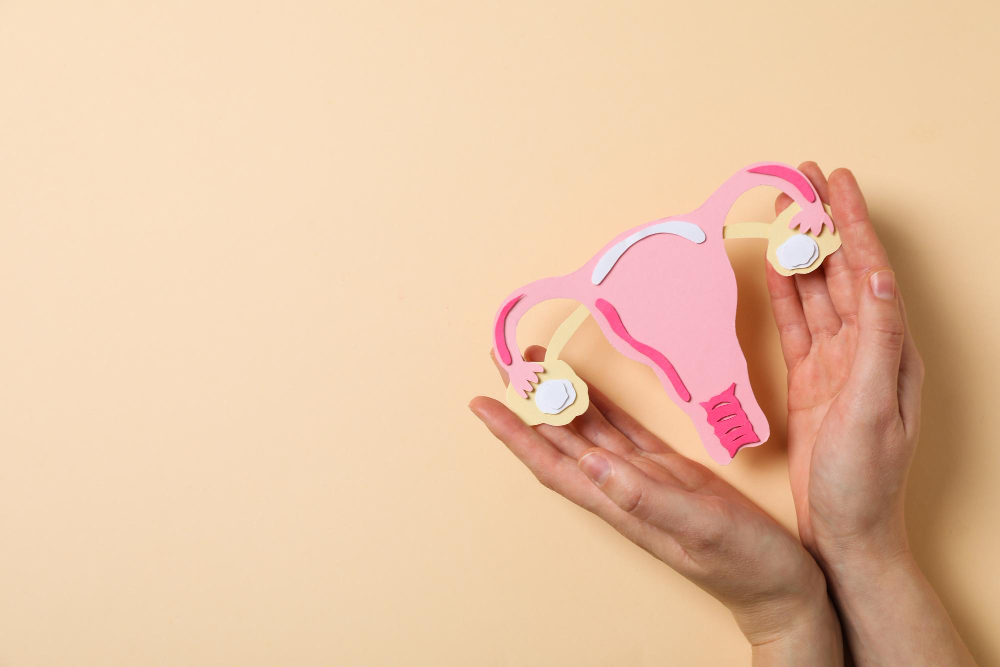Menstrual health & family planning awareness are important topics for everyone. These issues affect not only women but also families and communities. Menstrual health means understanding and caring for the body during periods. Family planning awareness helps people make informed choices about when and how to have children. When people know more about these topics, they can lead healthier lives and support others. In this blog, you will find clear facts and tips to help you understand menstrual health and family planning.
Understanding Menstrual Health
Menstrual health is about the well-being of people during their monthly periods. It includes knowing what to expect, how to manage symptoms, and how to stay clean and comfortable. For many, periods come every month and last a few days. However, the experience can be different for each person.
Good menstrual hygiene is very important. For example, using clean pads or tampons and changing them often helps prevent infections. Washing hands before and after changing pads is also key. In addition, wearing clean underwear and bathing regularly can keep you healthy during your period.
Family Planning Awareness
Family planning means making choices about having children. It allows people to decide when to have a baby and how many children to have. This is important for health, happiness, and financial stability. Family planning awareness helps people understand their options and make safe choices.
There are many family planning methods, such as:
However, some myths exist. For instance, some believe birth control causes infertility. This is not true. Others think family planning is only for married people, but anyone can use it. Knowing the facts helps you make the best choices for your life.
Causes and Factors Affecting Menstrual Health
Many things can affect menstrual health. Biological factors include age, hormones, and genetics. For example, young girls and women near menopause may have irregular periods. Lifestyle choices also play a role. Eating healthy foods, staying active, and managing stress can help. On the other hand, poor diet, lack of exercise, or high stress may cause problems. Environmental factors, like access to clean water and safe products, are important too. In some places, people may not have what they need for good menstrual hygiene.
Diagnosis and When to Seek Help
Sometimes, menstrual or reproductive health issues need medical attention. Watch for these signs:
If you notice any of these, it is wise to consult a healthcare provider. Early help can prevent bigger problems later. Also, if you have trouble choosing a family planning method, a doctor can guide you.
Treatment and Management
There are many ways to manage menstrual health issues. For mild cramps, over-the-counter pain relief and heat pads can help. Doctors may suggest medicines or other treatments for heavy or painful periods. In some cases, treating underlying health problems can improve menstrual health.
Safe family planning options include:
It is important to talk to a healthcare provider to find the best option for you.
Lifestyle Guidance and Prevention
There are simple ways to keep your menstrual health in good shape:
For family planning, learn about all your options. Ask questions and use trusted sources. In addition, talk openly with your partner or family. This helps you make informed choices together.
Frequently Asked Questions
Conclusion and Call-to-Action
To sum up, menstrual health and family planning awareness are vital for everyone. Knowing the facts helps you make safe, healthy choices. Remember, good hygiene and informed decisions can improve your well-being. If you have questions or concerns, consult a healthcare specialist for personalized menstrual health and family planning advice.

